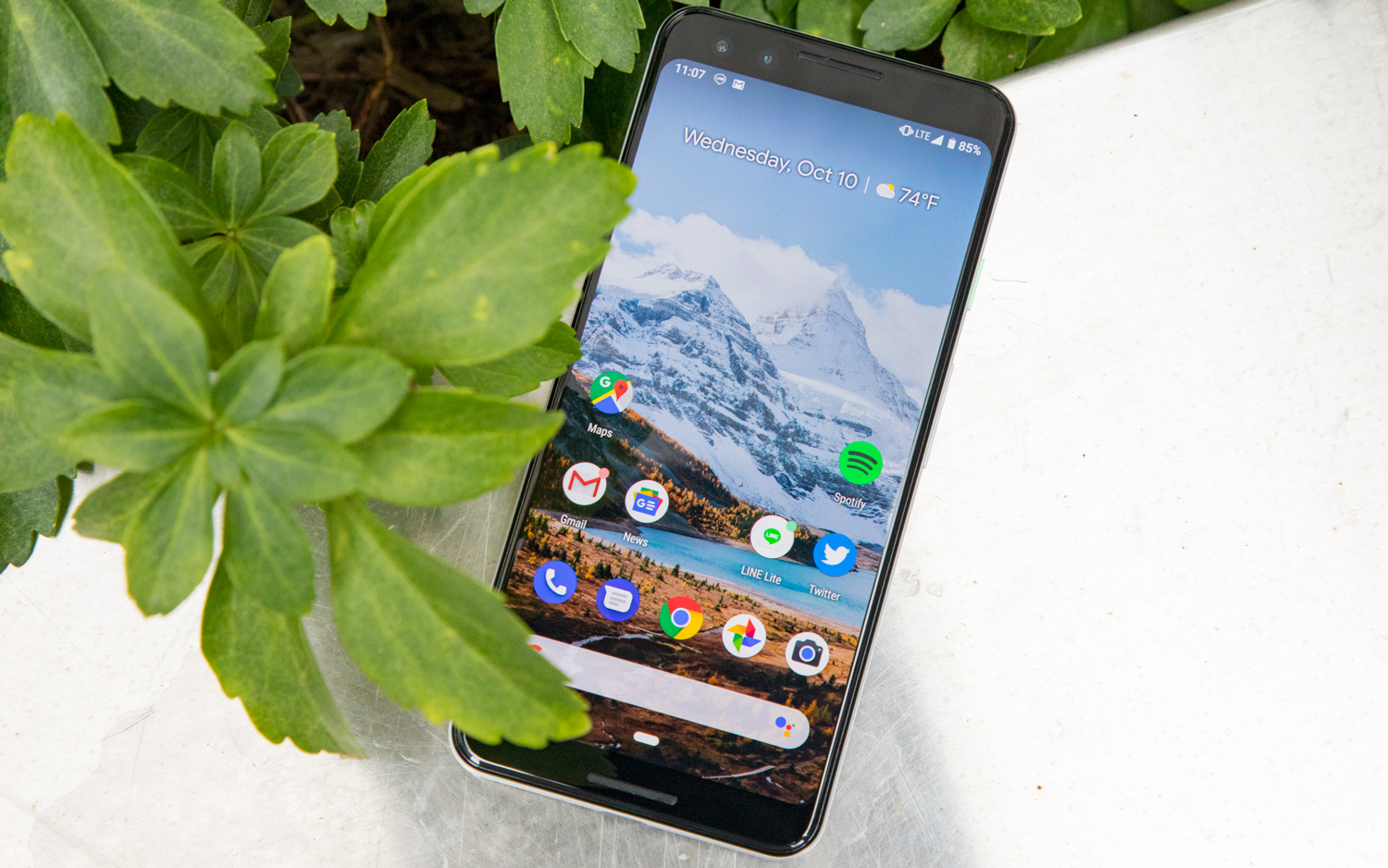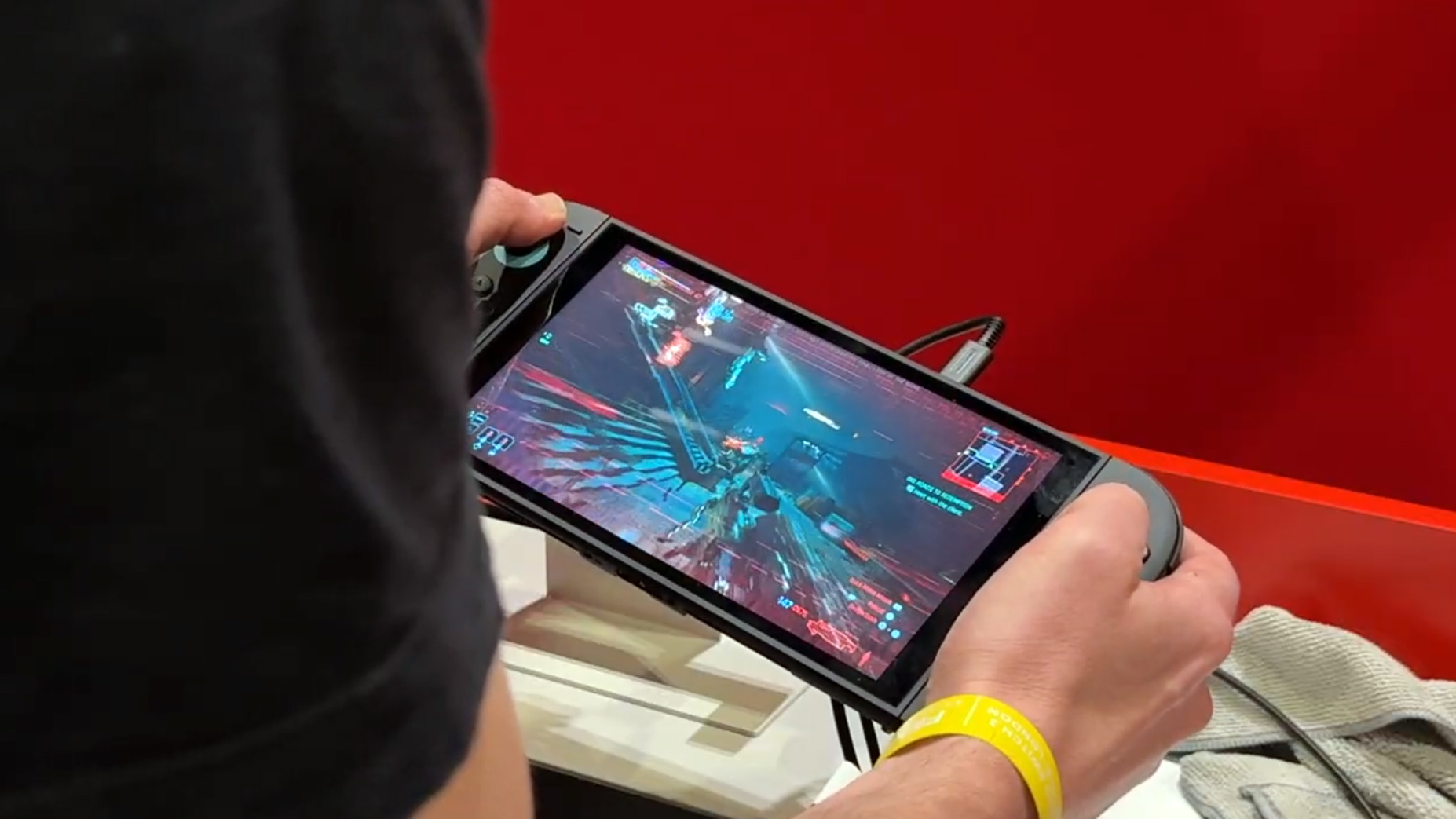Is Google Killing Android?
The next-generation Fuchsia OS is steadily heading to be the OS for all form factors, from phones to full computers.
Yesterday Google confirmed that you will be able to run Android apps straight on its next-generation operating system Fuchsia. It looks like the company is getting ready to jettison Android altogether and switch to a new, more efficient operating system that can work across any kind of device.

There are multiple factors that point into that direction. First and most importantly, the source code published on GitHub suggests that Google is aiming to deploy Fuchsia everywhere, from embedded systems—like Internet-of-Things devices and cars—to full personal computers, and of course tablets and smartphones.
Like Windows and OS X, Fuchsia sits on top of a in-house developed microkernel called Zircon as opposed to the current Linux-based Android and Chrome OS. Plus, its development kit makes it easy to roll apps across multiple devices.
The second clue about Fuchsia’s destiny as an Android replacement is the fact that its graphical engine — codenamed Escher — has specific volumetric rendering code that will specifically help the Material Design UI, according to Ars Technica.
The third factor is of course the news that the OS will be able to run Android apps without problems. This will instantly give Fuchsia access to a full, mature app catalog. This combines with the work that Google is doing in making sure that Android apps’ user interfaces adapt automagically to multiple form factors, from smartphones to foldable devices to tablets to laptops.
According to Andrii Kulian — engineer at Google’s Android Frameworks — Android apps will be able to work across three categories of devices: phones (including foldable ones), desktop PCs (in free-form windowing mode), and embedded systems (like cars).
And finally there’s the fact that Google is actively avoiding mentioning Android to the public. During the Pixel 3 introduction event, the company didn’t mention the word Android once.
Sign up to get the BEST of Tom's Guide direct to your inbox.
Get instant access to breaking news, the hottest reviews, great deals and helpful tips.
That is likely a deliberate move, and a clear indication that Google is preparing audiences to forget about Android branding. If the company is successful, Fuchsia could become the end all be all of operating systems for Google, replacing both Android and Chrome OS.
Jesus Diaz founded the new Sploid for Gawker Media after seven years working at Gizmodo, where he helmed the lost-in-a-bar iPhone 4 story and wrote old angry man rants, among other things. He's a creative director, screenwriter, and producer at The Magic Sauce, and currently writes for Fast Company and Tom's Guide.
-
jaygatsby9909 Fuschia is just a codename. It will change upon release and it will be called....Android. Google has already established the brand so they are not going to ditch it. It will release probably around Android R or S and will just be in the natural progression of things. It will be a rebuilt version of Android and most users who have it on their phone will not be any the wiser that it is completely different than what they had before.Reply -
wuvo87 Are the 84 entities that make up the openhandsetalliance going to be clued in about the impending death of their open source OS called Android?Reply

